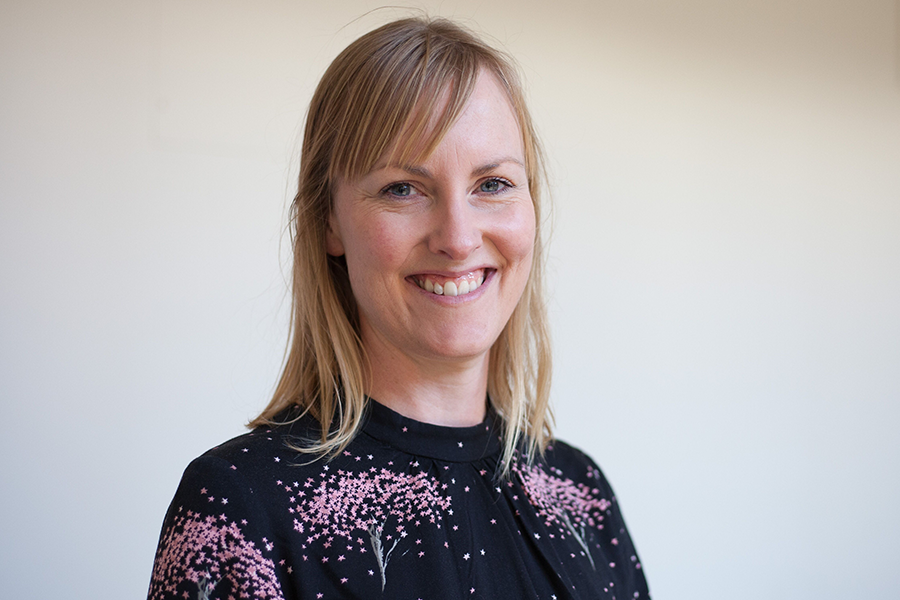
Lisa Kremer has always been interested in medication but knew she wanted to be a pharmacist after taking a Retail Assistant job at a community pharmacy when she was in high school.
Lisa Kremer’s (Kāi Tahu, Kāti Māmoe, and Waitaha) walk across the graduation stage this month symbolises the years of research she has put into collecting new evidence for the use of eye drops in preterm infants.
She receives her PhD from the School of Pharmacy and the Dunedin School of Medicine after completing a study of the use of pupil dilating eye drops (phenylephrine and cyclopentolate) in preterm infants.
While administering eye drops to preterm infants is a routine process in Aotearoa when screening for some eye diseases, there needs to be both good evidence to support decisions to administer drops and for the whānau experience to be positive, says Kremer.
Her research found there is limited evidence guiding current clinical practice for the safety and efficacy of pupil dilating eye drops in preterm infants, and her work includes Māori pēpē data, which has not been collected previously.
She believes current international guidelines appear to suggest unnecessarily high doses are required, especially when the reviewed literature suggests lower doses might be just as effective.
Kremer says her research has been one way she can put in to practise the responsibility she feels to her whānau, hapu, and iwi to make positive contributions to health outcomes.
“I was born preterm and my parents spoke about how stressful it was bringing home such a small baby and how they worried I wouldn’t get all the support I needed.”
“It’s experiences like my parents’, and the time I spent working as a neonatal intensive care pharmacist, where I got a glimpse into this world which inspired my interest in the decision-making processes around preterm infant medications.”
Kremer values the importance of whanaungatanga, building relationships with whānau, and how pharmacists play an important role in ensuring Māori receive the best treatments for their health needs.
She took these values into her PhD and has found it helped her produce research that could genuinely impact the lives of preterm infants across the country.
Now graduating, Kremer can’t help but reflect on her many years of study, saying she’s so glad she became a pharmacist and a health researcher.
Her studies enabled her to work in the community and hospital pharmacy, in rural and urban settings, and now in academia, and all those roles have given her a huge amount of happiness she says.
“Working alongside whānau to achieve their healthcare goals and working collaboratively with fellow healthcare professionals means that pharmacists are always connected with their community, something that brings me great joy and makes all the hard work worth it.”
* Kōrero by the Division of Health Sciences Communications Adviser, Kelsey Schutte.